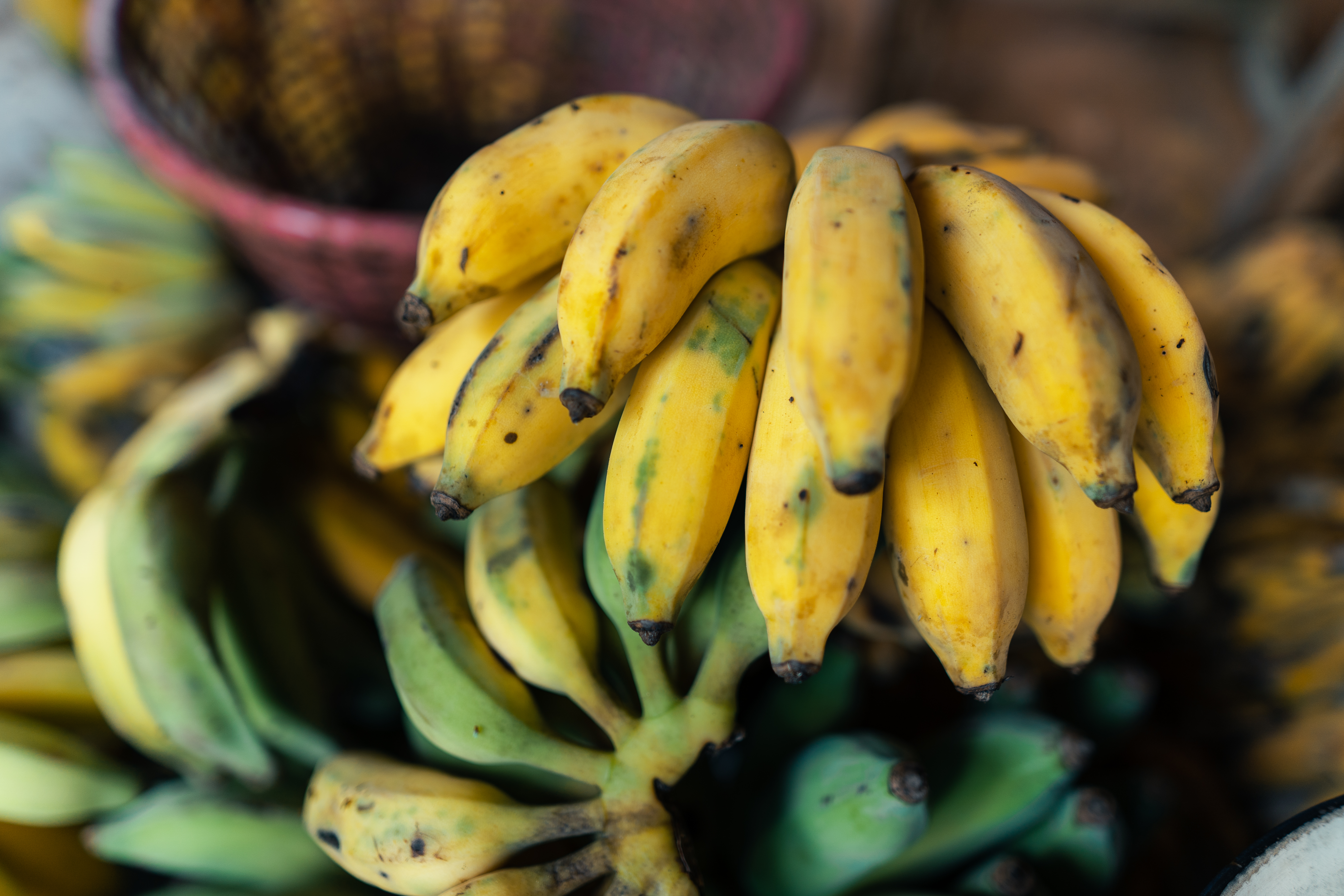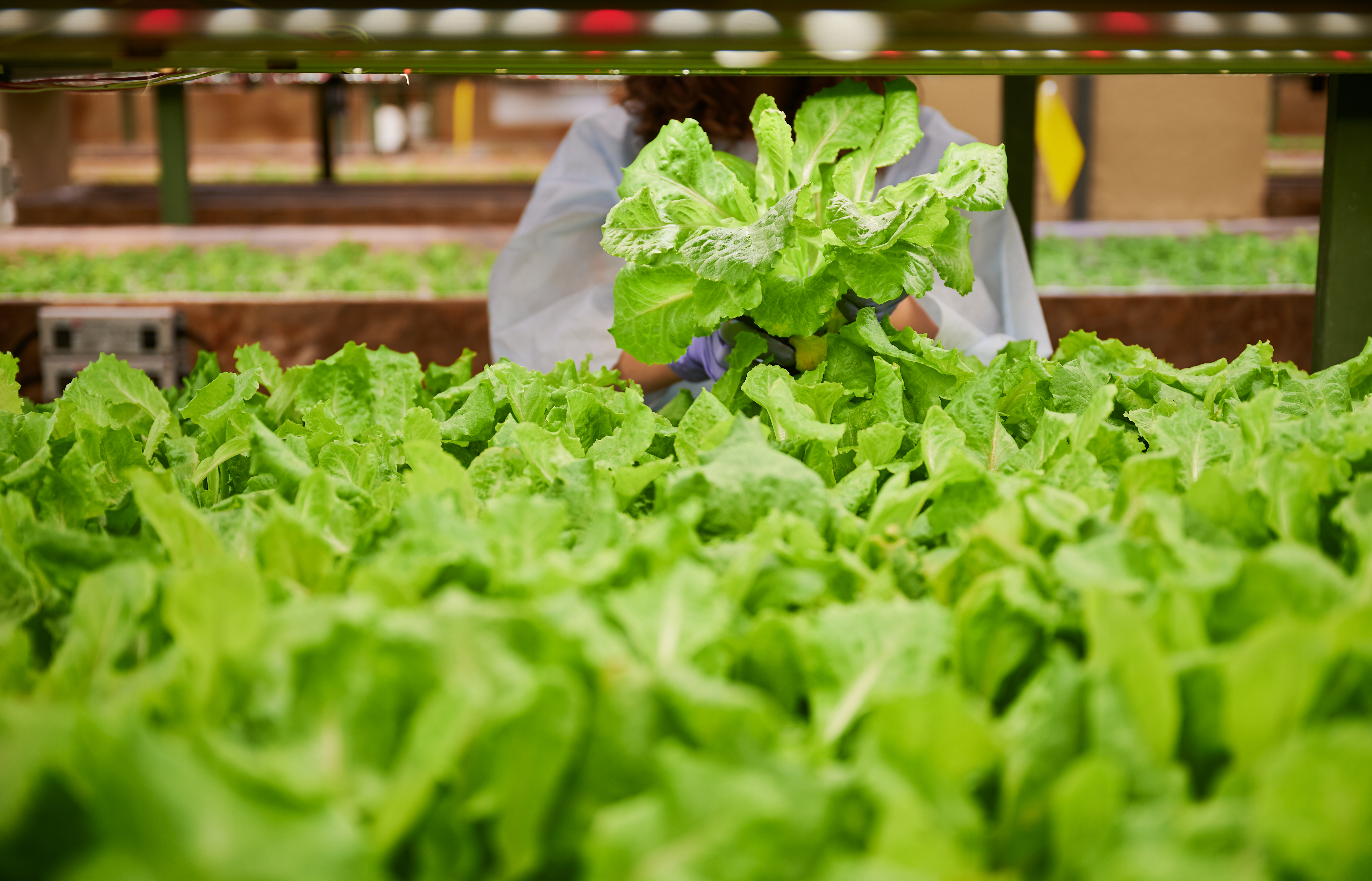Essential Nutrients Your Body Needs for Healthy Blood Pressure Levels
Imagine a hidden force silently at work within you, a critical pressure system dictating your body's every beat. When this force, your blood pressure, runs too high, it silently threatens your long-term health, often without a whisper of warning. While medical interventions are sometimes essential, the power to keep this vital system in perfect harmony often begins right on your plate. It's not about strict diets; it's about intelligent nourishment. We've meticulously expanded our essential guide, "The Vital 12," to unveil the crucial nutrients that act as your body's natural regulators, each a delicious guardian of your cardiovascular health. Discover how embracing these dietary defenders can empower you to take proactive control, ensuring a healthier, more vibrant future.
1. Potassium: The Balancer of Blood Pressure

Potassium is a powerhouse nutrient when it comes to blood pressure regulation. It works by balancing the effects of sodium in the body, helping to relax blood vessel walls and reduce blood pressure. The modern diet, often high in processed foods, tends to be rich in sodium but low in potassium, creating an imbalance that can lead to hypertension. Increasing potassium intake can help mitigate these effects, making it a crucial nutrient for maintaining healthy blood pressure levels. One of the primary functions of potassium is to help the kidneys filter sodium out of the body. When sodium levels are too high, the body retains water to dilute it, which increases blood volume and, consequently, blood pressure. Potassium helps counteract this by promoting sodium excretion, thus reducing blood volume and pressure. This nutrient is abundant in fruits and vegetables, with bananas, oranges, spinach, and sweet potatoes being excellent sources. Integrating these foods into your diet can significantly impact your blood pressure health. Research has consistently shown that diets high in potassium are associated with lower blood pressure levels. The DASH (Dietary Approaches to Stop Hypertension) diet, which emphasizes potassium-rich foods, has been particularly effective in reducing blood pressure. By focusing on whole foods and minimizing processed foods, individuals can naturally increase their potassium intake. This approach not only supports blood pressure health but also provides a range of other health benefits, including improved heart and kidney function.
2. Magnesium: The Relaxer of Blood Vessels

Magnesium plays a crucial role in maintaining healthy blood pressure by acting as a natural vasodilator. This means it helps relax and widen blood vessels, allowing blood to flow more freely and reducing pressure on arterial walls. Adequate magnesium levels are essential for the proper functioning of the body's cardiovascular system, and a deficiency can lead to increased blood pressure and other cardiovascular issues. The relationship between magnesium and blood pressure is well-documented. Studies have shown that individuals with higher magnesium intake tend to have lower blood pressure. Magnesium helps regulate calcium levels in the body, which is vital for muscle and nerve function, including the muscles that control blood vessels. By ensuring that these muscles function properly, magnesium helps maintain optimal blood flow and pressure. Dietary sources of magnesium include nuts, seeds, whole grains, and leafy green vegetables. Incorporating these foods into your diet can help ensure adequate magnesium intake. For those who struggle to meet their magnesium needs through diet alone, supplements may be an option, though it's essential to consult with a healthcare provider before starting any supplement regimen. By prioritizing magnesium-rich foods, individuals can support their cardiovascular health and work towards maintaining healthy blood pressure levels.
